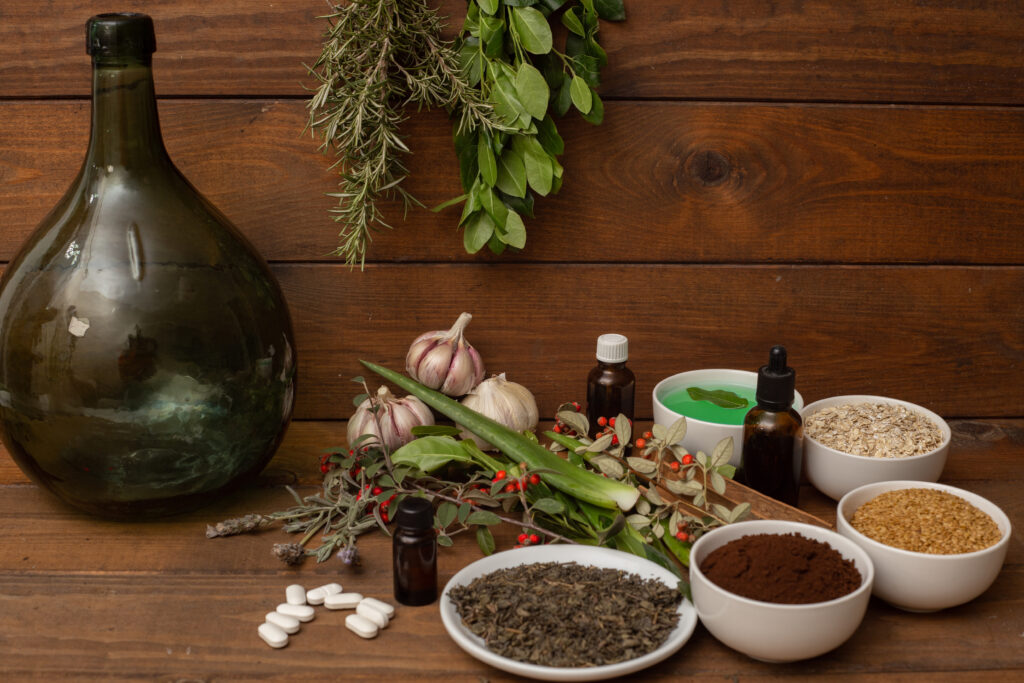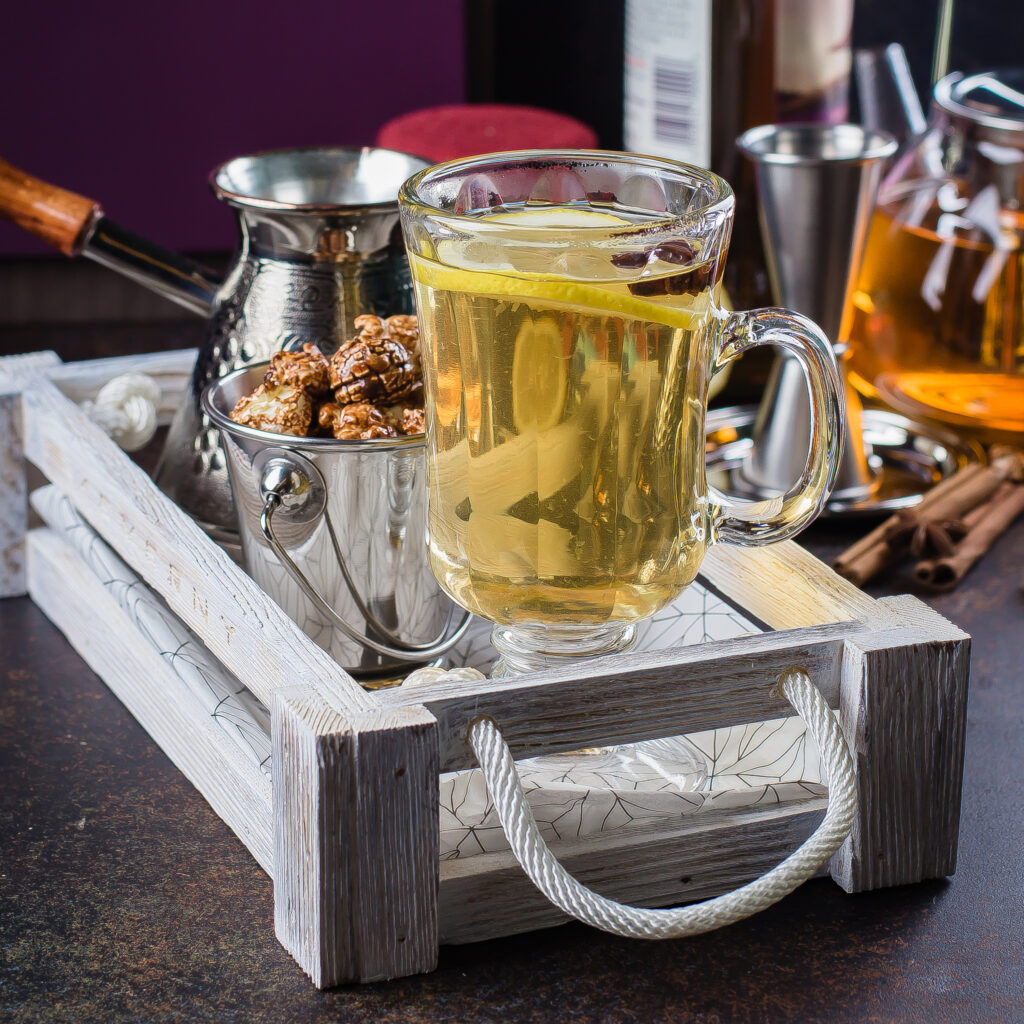Natural remedies and dietary supplements are becoming increasingly popular as people look for safe, effective ways to support their health and wellbeing. Many individuals in the UK are interested in using vitamins, minerals, herbal products, and other natural approaches as complementary methods alongside conventional medical care. While some natural remedies have strong scientific backing, it is important to approach supplements with care, understanding appropriate dosages, potential interactions, and evidence-based benefits. This guide explores frequently asked questions about natural health solutions, highlighting practical advice for daily life.
Integrating natural remedies and supplements into a health routine can support immune function, mental wellbeing, energy levels, and overall longevity. They are particularly appealing to individuals seeking lifestyle-based solutions, preventive care, and gentle alternatives to pharmaceuticals. Reliable guidance helps avoid unsafe practices, ensures balanced nutrition, and promotes sustainable health habits.

What Are The Most Popular Natural Supplements In The UK
Popular natural supplements in the UK include vitamin D, vitamin C, omega-3 fatty acids, probiotics, magnesium, and herbal products such as turmeric, echinacea, and valerian root. Vitamin D supplements are widely recommended due to limited sunlight exposure, especially during winter months. Omega-3 fatty acids support heart and brain health, while probiotics aid digestive balance. Herbal supplements are often used for stress relief, sleep support, and inflammation reduction. Understanding evidence-based benefits helps individuals make informed choices.

How Can I Tell If A Supplement Is Safe And Effective
Safety and efficacy of supplements depend on reputable sourcing, correct dosage, and quality assurance. Look for products approved by recognised bodies such as the UK Medicines and Healthcare products Regulatory Agency (MHRA) or certifications from independent testing organisations. Reading labels carefully, consulting healthcare professionals, and checking scientific research are essential steps. Avoid products with exaggerated claims or unverified ingredients, as these may pose risks or interact with medications.
What Are The Best Herbal Remedies For Stress And Anxiety
Herbal remedies for stress and anxiety include chamomile, valerian root, lavender, and passionflower. Chamomile and lavender are known for calming effects and can be consumed as teas or essential oils. Valerian root may support sleep and relaxation, while passionflower has mild anxiolytic properties. Herbal remedies should be used cautiously, and professional advice is recommended, particularly for individuals taking prescription medications or with chronic health conditions.

What Are Natural Ways To Support Immune Health
Supporting the immune system naturally involves a combination of balanced nutrition, regular physical activity, stress management, and adequate sleep. Certain nutrients such as vitamin C, vitamin D, zinc, and selenium are known to support immune function. Herbal supplements such as echinacea or elderberry may offer additional support, though evidence varies. Probiotics can contribute to gut health, which is closely linked to immune resilience. Maintaining overall lifestyle balance remains the most effective long-term strategy.

Are Probiotics Really Good For Gut Health
Probiotics are beneficial bacteria that support digestive balance and overall gut health. They can aid in maintaining a healthy microbiome, reducing digestive discomfort, and supporting immune function. Common probiotic strains include Lactobacillus and Bifidobacterium. Probiotics are available in supplements, fermented foods, and drinks. While generally safe, the benefits depend on strain, dosage, and individual digestive health. Consulting a healthcare professional ensures the right approach for personal needs.
What Are The Benefits Of Omega-3 Supplements
Omega-3 fatty acids, commonly found in fish oil and certain plant-based oils, support cardiovascular, brain, and joint health. Regular supplementation may reduce inflammation, improve lipid profiles, and enhance cognitive function. For individuals who do not consume oily fish regularly, omega-3 supplements provide an important source of essential fatty acids. Quality, dosage, and purity should be considered when selecting a supplement, especially for those with existing medical conditions.

How Can I Improve Energy Levels Without Caffeine
Energy levels can be naturally boosted through balanced nutrition, adequate sleep, hydration, and regular exercise. B vitamins, iron, magnesium, and adaptogenic herbs such as ginseng or rhodiola may support natural energy. Avoiding excessive sugar and highly processed foods helps prevent energy crashes. Mindful lifestyle practices, including stress management and short activity breaks during the day, also contribute to sustained vitality without relying on caffeine.

What Are The Best Vitamins For Women’s And Men’s Health
Specific vitamin needs vary between women and men. Women may benefit from iron, folic acid, calcium, and vitamin D, particularly during menstruation, pregnancy, and post-menopause. Men may require vitamin D, zinc, magnesium, and B vitamins to support muscle health, metabolism, and reproductive function. Multivitamins tailored to age and gender can help fill dietary gaps, but balanced nutrition should always be the primary source of essential nutrients.
Are Natural Sleep Aids Effective
Natural sleep aids such as melatonin, valerian root, magnesium, and chamomile can support relaxation and improve sleep quality. These aids are most effective when combined with healthy sleep hygiene, including consistent sleep schedules, a cool and dark bedroom environment, and limited screen exposure before bed. Individual responses vary, so monitoring effectiveness and consulting a healthcare professional for persistent insomnia is recommended.

How Can I Support Healthy Ageing Naturally
Healthy ageing involves maintaining physical activity, balanced nutrition, social engagement, mental stimulation, and stress management. Supplements such as omega-3 fatty acids, vitamin D, antioxidants, and herbal adaptogens may complement a healthy lifestyle. Preventive healthcare, regular screenings, and avoiding harmful habits such as smoking or excessive alcohol intake also contribute to longevity. Integrating natural remedies thoughtfully supports both physical and mental resilience as we age.